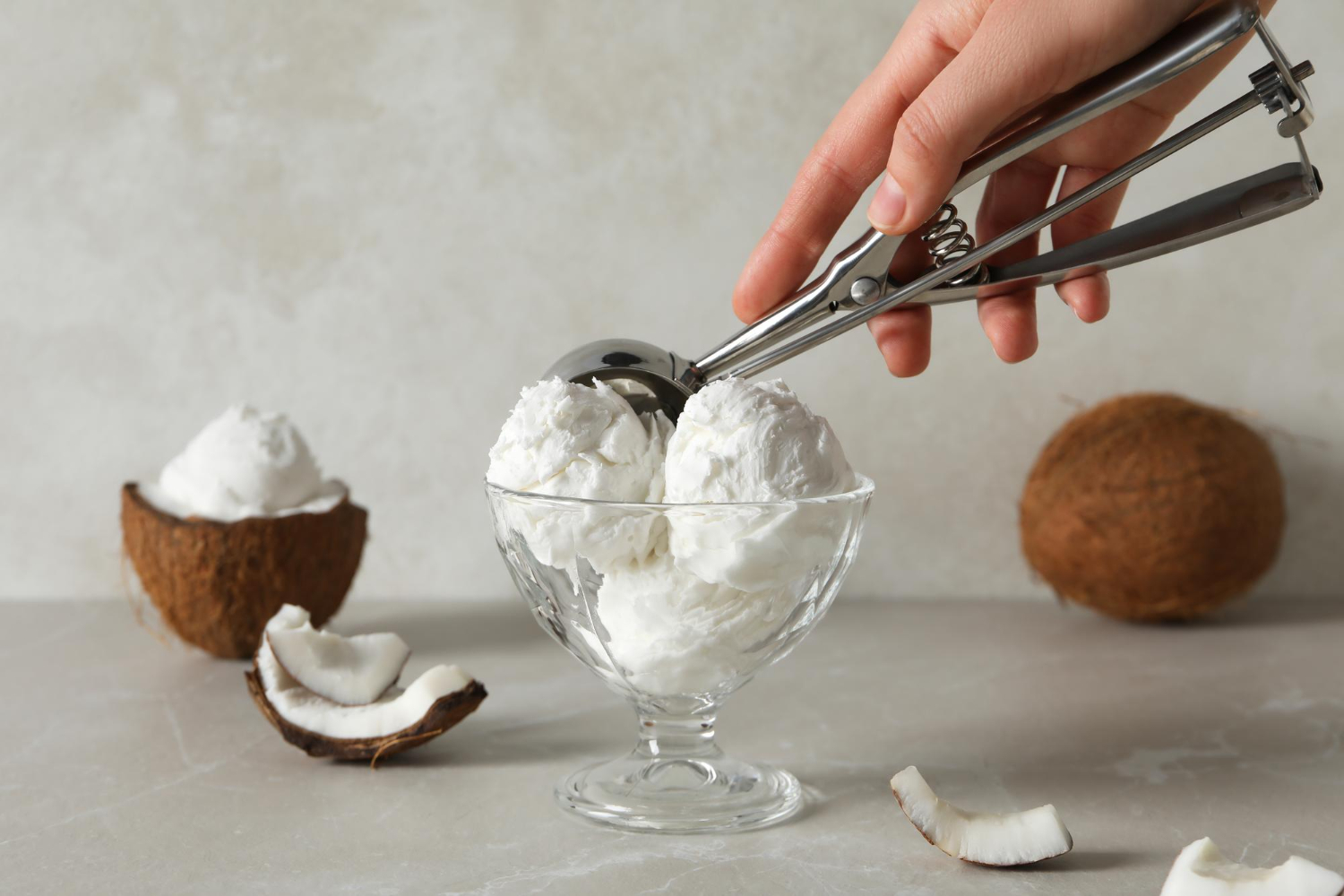Organic coconut oil has become quite popular recently, mainly because of the many benefits it provides. Contrary to popular belief, it’s not just for cooking and baking. Many people choose to consume extra virgin coconut oil directly, while others include it in their beauty routines.
Whichever way you choose to use organic coconut oil, you must know how to store it properly. Here’s what you need to know about keeping coconut oil in your house.
How Do You Keep Coconut Oil in a Liquid State?
Organic coconut oil can solidify in colder temperatures. So, if you want to keep your coconut oil in a liquid state, you must store it at the right temperature.
At 74°F, coconut oil is solid since its melting point is 75°F. So, if you store your coconut oil at temperatures above that, you can keep it in liquid form.
You can typically store your coconut oil somewhere in your home that is stably warm. However, if you live in colder climates or winter, the coconut oil could solidify.
If you want to liquefy solid coconut oil, place the container in warm water to bring the oil’s temperature up. Make sure you don’t use boiling water as organic coconut oil is sensitive to rapid heat changes.
Should You Refrigerate Coconut Oil?
If you want to keep your coconut oil in liquid form, you definitely shouldn’t pop it in the refrigerator. However, if you need your coconut oil to be in a solid-state, it’s safe to store it in the fridge.
Solid coconut oil is most often used in baking to achieve a firmer butter-like texture. If you have liquid coconut oil you want to solidify for baking, you’ll have to wait at least one hour before it can harden inside the refrigerator.
Seeing as coconut oil can last for a while, some may keep a stock of bulk organic coconut oil in their homes. If this is the case, you can safely freeze them to prolong their shelf life.
Where Should You Store Coconut?
When you transfer your coconut oil into new containers, it’s best to go for air-tight glass or BPA-free containers. To avoid spoiling a large batch from constant reheating, you should store your coconut oil in smaller containers.
If you’re storing your coconut oil for a long time, however, you have to check for mold growth in the bottom periodically. That’s why you should go for transparent containers over opaque ones. You can also go for transparent colored bottles so that you can block light exposure.
How Long Does Virgin Coconut Oil Last?
Fresh coconut pulp is processed to produce virgin coconut oil. In this process, manufacturers use cold compression and micro-expelling and do not expose the coconut oil to heat. Because of this, virgin coconut oil achieves a lower moisture content.
Thanks to this careful process, virgin coconut oil has a shelf life of up to two years and can even extend to five years if stored properly. On the other hand, coconut oil processed through fermentation typically has a shorter shelf life than virgin coconut oil.
Conclusion
Organic coconut oil can exist in both solid and liquid forms. If you need your coconut oil to be in a liquid state, store it at temperatures above 75°F. But if you need to bake with solid coconut oil, you can simply pop it in the refrigerator for at least one hour. Conversely, to liquefy solid coconut oil, you can submerge the container in warm water to allow it to heat up slowly. That said, make sure to keep this guide in mind!
Get a fresh supply of organic coconut oil from Ceylon Exports & Trading! We are Sri Lanka’s finest wholesale coconut exporters and suppliers, providing premium coconut products sourced directly from the Sri Lankan Coconut Triangle. Send a product inquiry now!






